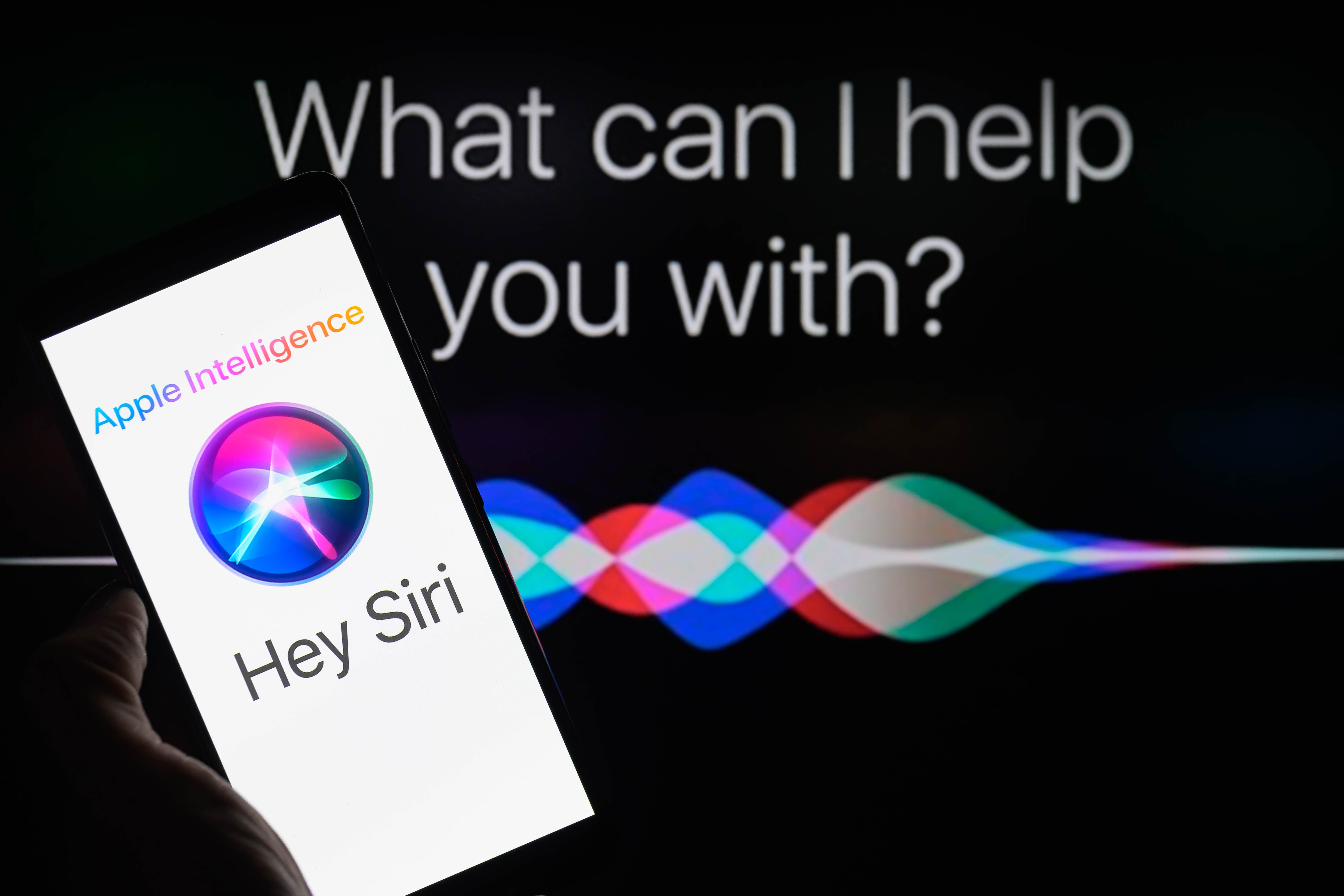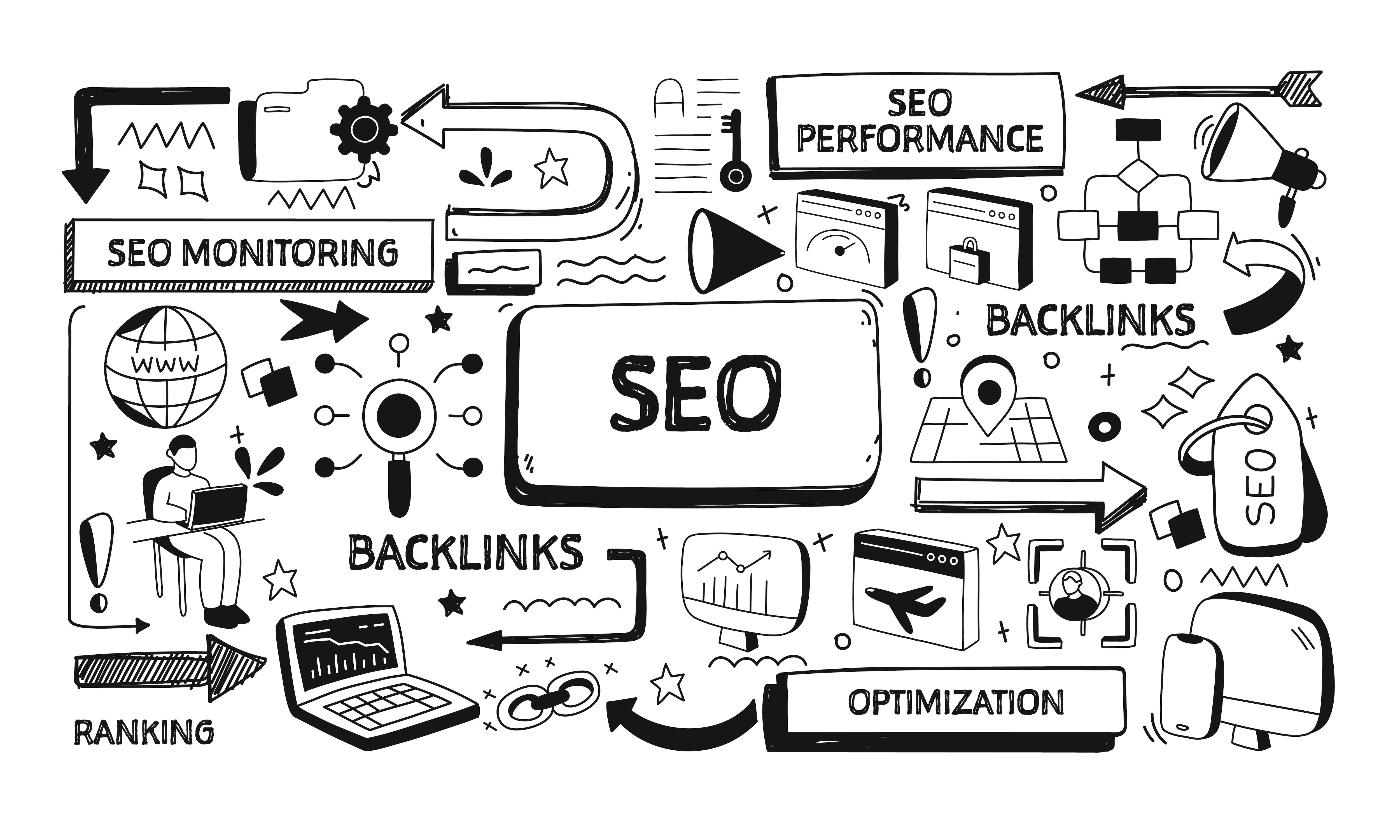A British tobacco company has agreed to pay more than $629 million to settle allegations that it did illegal business with North Korea in violation of U.S. sanctions, the Justice Department said Tuesday.
British American Tobacco, one of the largest tobacco companies in the world, entered into a deferred prosecution agreement with the Justice Department, while the company’s Singapore subsidiary pleaded guilty to conspiring to commit bank fraud and violate sanctions.
The London-based BAT said in its own statement that the settlement concerns sales from 2007 through 2017 and that the company has since taken steps to improve its business practices.
North Korea faces stringent U.S. and international sanctions going back nearly two decades for its nuclear weapons program and development of intercontinental ballistic missiles. Pyongyang has continued to research and test more nuclear weapons. It has also worked to evade sanctions with the cooperation of allies like China and illicit trade with barred countries and companies.
Smuggled tobacco products are regarded as a major source of revenue for North Korea's nuclear and weapons of mass destruction programs, the Justice Department said.
The penalty is the largest arising from North Korea sanctions violations in the Justice Department's history, said Assistant Attorney General Matthew Olsen.
“This case and others like it do serve as a warning shot to companies, companies that support rogue regimes like North Korea through their activities — that they have to have compliance programs, compliance programs that prevent these kinds of activities from taking place,” he said.
BAT admitted as part of the settlement that it continued to do tobacco business in North Korea despite stating publicly in 2007 that it no longer had operations with the repressive regime. Prosecutors say a third-party company operating under the control of a BAT subsidiary sold more than $400 million in tobacco products between 2007 and 2017.
That money was then funneled back to BAT, the Justice Department said. North Korean purchases of the tobacco occurred through front companies that concealed the connections from U.S. banks that processed the transactions.
In a statement, BAT chief executive Jack Bowles said the company regrets “the misconduct arising from historical business activities that led to these settlements, and acknowledge that we fell short of the highest standards rightly expected of us.”
He said the company, whose brands include Lucky Strike, Kent and Pall Mall, had since transformed its ethics and compliance programs.
Separately, federal prosecutors disclosed a cigarette trafficking scheme that raised money for North Korea’s nuclear weapons program, announcing charges against three men — a North Korean banker and two Chinese facilitators. The State Department has announced a reward for information leading to their arrest.
British American Tobacco agreed in 2017 to take over Reynolds American Inc., which owned brands like Newport and Camel, creating the world's largest publicly traded tobacco company.












